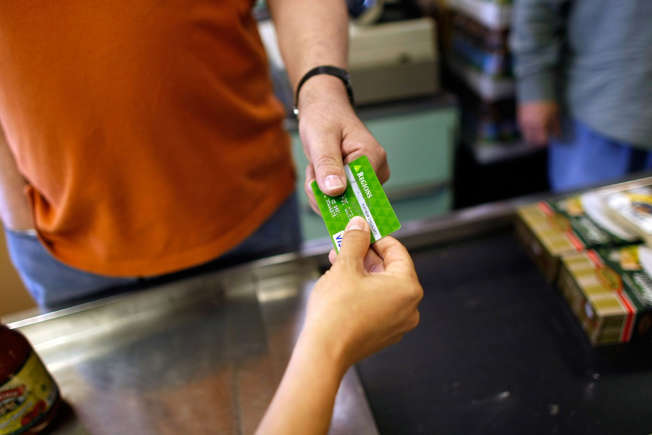Strategic Alliances in a Shifting Global Landscape
In a world marked by geopolitical tensions and shifting alliances, Russian President Vladimir Putin and Chinese President Xi Jinping have positioned themselves as defenders of a new world order. Their recent meeting in Moscow, coinciding with the 80th anniversary of the end of World War II, underscored their commitment to countering Western influence and promoting a multipolar global system. During the talks, Putin and Xi emphasized their shared vision of international stability, rejecting what they described as "unilateralism and bullying"—a veiled reference to the United States. Xi reaffirmed China's support for Russia, highlighting their strategic partnership and mutual interests in shaping global governance. The leaders also pledged to safeguard the authority of the United Nations and advocate for the rights of developing nations. This alliance comes at a critical time, as both nations face economic and political challenges. Russia continues to navigate Western sancti...



Comments
Post a Comment